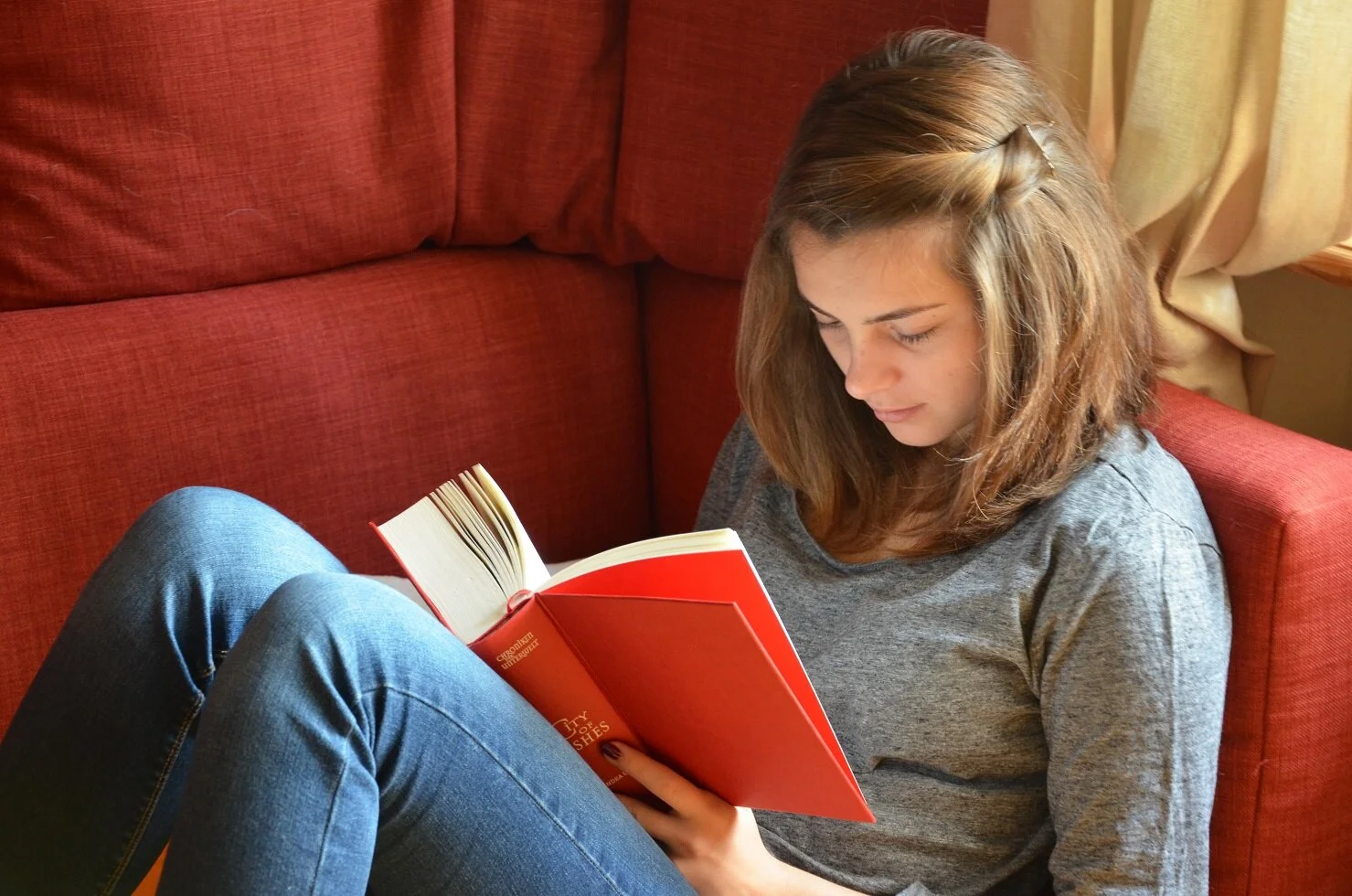American students show no improvement in reading
Bewildered, but then, not really surprised, when I read the study by the Organization for Economic Cooperation and Development in Paris, France (OECD), an intergovernmental organization made up of 37 mostly industrialized countries.
The Program for International Student Assessment, or PISA, is an international assessment administered every three years by the organization, that measures what 15-year-old students have learned in math, reading and science. The exam was developed by the OECD and 79 countries administered the PISA exam to more than 600,000 students in public and private schools.
Troubling is that 30 countries scored higher than U.S. students in math and that the performance gap between top-performing and lower-performing students is widening, especially in reading.
The socioeconomic gap in reading also stood out for the U.S., with 27% of top performers registering as wealthier, advantaged students and only 4% as poorer, disadvantaged students.
‘Cognitive scientists have known for decades that simply mastering comprehension skills does not ensure that a young student will be able to apply them to whatever texts they are confronted with on standardized tests and in their studies later in life. “Whether or not readers understand a text depends far more on how much background knowledge and vocabulary they have relating to the topic than on how much they’ve practiced comprehension skills” explains Daniel Willingham, a psychology professor at the University of Virginia who writes about the science behind reading comprehension’ (Source: The Atlantic).
What the professor is saying is that teaching in the U.S. is too focused on rushing through the curriculum, by providing a diet of texts to read and asking students to make inferences - rarely connecting the dots, as there are no consecutive texts or connecting subject matters. That practice does not produce a well-rounded, well-educated scholar. It creates a ‘human machine’ that can perhaps dissect individual occurrences, based on the present, but lacks the analytical and critical thinking skills to apply knowledge from past experiences or judge future outcomes of an action or scenarios.
The reason why wealthier American teenagers score higher on the report card, is that most likely their parents are better educated and can afford more knowledge-boosting perks, such as books, nannies, and later tutors to substitute education in school. Also, wealthier families can afford to provide experiences to their children, like travels to different continents to aid visualization of geography, culture, and anthropology.
How can you keep up? Invest into books for your child, and do not shy away from books that are a bit more challenging, promote critical thinking, stimulate imagination, or touch on contemporary affairs, such as the environment, bias, race, diversity and social justice. A good children’s book should spark a little discussion or Q & A session between you and her – even if she is only 3 years young.
If you cannot travel to places, use your computer to create a virtual trip, so she understands and can see the environment the story took place in. If possible, take her to an ethnic restaurant and let her experience somewhat of a different culture. Go on a daytrip, bring a blanket, spread it out in a park and read a book together. Travel your State or within the US, if possible, as our country is so diverse in geography and culture.
Most important is that you will read to her constantly, as reading builds up her vocabulary. Read 5 books a day out loud to her, and as she is growing, encourage her to read 3-5 books a day on her own. As a teenager she then should love to read and gobble up book after book on her own - and that is how you raise a well-rounded scholar that will go on to do great in school and college and continue to live a fulfilled life that will provide her with plentiful, enjoyable experiences.
Visit my bookstore by clicking here and browse around my ideal children’s books.
Follow my hashtag #ReadToKids on social media.
A third of U.S. teenagers say they haven't read a book for pleasure in a year, according to an American Psychological Association study.
